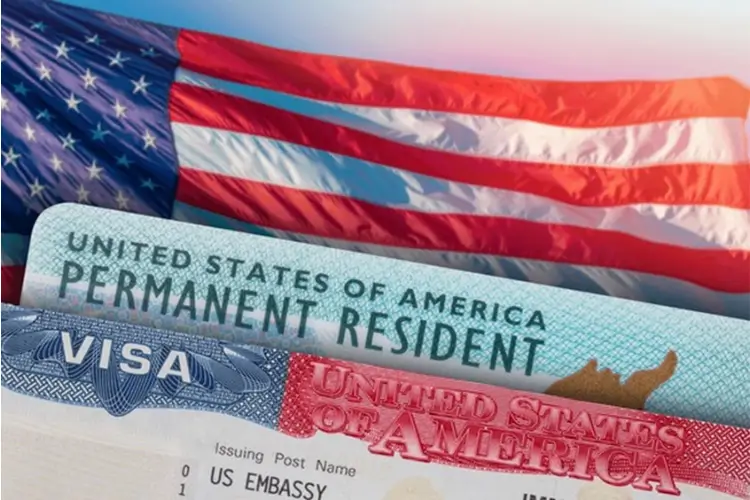Thousands of people take bold steps toward a new life in the United States every year, driven by dreams of security, opportunity, and belonging. The U.S. offers pathways to lawful permanent residency, each tied to a specific purpose, relationship, or achievement.
Family ties, job offers, humanitarian needs, and even investments open doors for individuals from all walks of life. The green card lawyers of Brooks Law help applicants choose the right path, prepare strong documentation, and pursue the process with confidence.
In this post, we explain the different types of green cards you may apply for in the United States and what sets each category apart.
Family-Based Green Cards
U.S. citizens and legal permanent residents can help relatives secure permanent residency through family-based green cards. Immediate relatives, such as spouses, unmarried children under 21, and parents of U.S. citizens, receive priority. Other categories include siblings, adult children, and relatives of green card holders. These green cards strengthen family bonds and keep loved ones together.
Employment-Based Green Cards
Employers sponsor foreign nationals with specific skills, talents, or education through employment-based green cards. The U.S. issues these in five preference categories. The first preference covers workers with extraordinary ability. The second preference supports professionals with advanced degrees.
The third preference includes skilled workers and professionals. The fourth preference applies to special immigrants, such as religious workers. The fifth preference grants green cards to investors who create jobs in the U.S.
Diversity Visa Green Cards
The Diversity Visa (DV) program offers green cards through a lottery system. This program welcomes individuals from countries with historically low immigration rates to the U.S. Applicants submit entries during the designated period and wait for selection. Winners receive green cards after passing background checks and interviews. This program promotes diversity and widens access to residency.
Refugee and Asylee Green Cards
Refugees and asylees receive green cards after living in the U.S. for one year under protected status. Refugees apply for entry from outside the country, and asylees request protection after arrival. Both groups must prove a well-founded fear of persecution because of race, religion, nationality, political opinion, or social group. These green cards offer a path to stability and safety.
Special Immigrant Juvenile (SIJ) Green Cards
Children in the U.S. who suffer abuse or abandonment from one or both parents may qualify for a Special Immigrant Juvenile (SIJ) green card. Juvenile courts must first issue an order declaring the child eligible for long-term care. Afterward, the child proceeds with a green card application. This program protects vulnerable minors and ensures long-term security.
Long-Term Resident Green Cards
Individuals who lawfully remain in the U.S. for a long period without interruption may qualify for green cards under special provisions. These applicants prove continuous residence and demonstrate good moral character. Some qualify through the registry, while others meet conditions under various legislative acts. These green cards reward stability and lawful presence.
Human Trafficking and Crime Victim Green Cards
Victims of human trafficking or serious crimes gain lawful residency through T or U visas. After meeting all requirements and assisting law enforcement, they apply for green cards when necessary. These programs support survivors, encourage cooperation with justice systems, and promote rehabilitation.
The United States offers various green card options, each tied to a path toward permanent residency. Each green card opens doors to opportunity, safety, and a future built on hope.




